Laboratory & Water Quality
Laboratory Quality Management System Handbook
Views : 20
Usually dispatched in 2 to 3 days
Usually dispatched in 2 to 3 days
Category:
Laboratory & Water Quality
Only logged in customers who have purchased this product may leave a review.
Related books
Basic Laboratory Study Guide
Preface:
The Laboratory Study Guide is an important resource for preparing for the certification exam and is arranged by chapters and sections. Each section consists of key knowledges with important informational concepts you need to know for the certification exam. This study guide also serves as a wastewater treatment plant operations primer that can be used as a reference on the subject. In preparing for the exams:
- Study the material! Read every key knowledge until the concept is fully understood and knownto memory.
- Learn with others! Take classes in this type of wastewater operations to improve your understanding and knowledge of the subject.
- Learn even more! For an even greater understanding and knowledge of the subjects, read and review the references listed at the end of the study guide.
Basic Laboratory Study Guide
Preface:
The Laboratory Study Guide is an important resource for preparing for the certification exam and is arranged by chapters and sections. Each section consists of key knowledges with important informational concepts you need to know for the certification exam. This study guide also serves as a wastewater treatment plant operations primer that can be used as a reference on the subject. In preparing for the exams:
- Study the material! Read every key knowledge until the concept is fully understood and knownto memory.
- Learn with others! Take classes in this type of wastewater operations to improve your understanding and knowledge of the subject.
- Learn even more! For an even greater understanding and knowledge of the subjects, read and review the references listed at the end of the study guide.
Clearing the Waters A focus on water quality solutions
Reproduction
This publication may be reproduced in whole or in part and in any form for educational or nonprofit purposes without special permission from the copyright holders, provided acknowledgement of the source is made. UNEP would appreciate receiving a copy of any publication that uses this publication as a source. No use of this publication may be made for resale or for any other commercial purpose whatsoever without prior permission in writing from the United Nations Environment Programme.
Clearing the Waters A focus on water quality solutions
Reproduction
This publication may be reproduced in whole or in part and in any form for educational or nonprofit purposes without special permission from the copyright holders, provided acknowledgement of the source is made. UNEP would appreciate receiving a copy of any publication that uses this publication as a source. No use of this publication may be made for resale or for any other commercial purpose whatsoever without prior permission in writing from the United Nations Environment Programme.
Effect of the Quality of Water Used for Dialysis on the Efficacy of Hemodialysis
Abstract
The quality of the water used for dialysis has been suggested as a factor causing inflammation in patients on hemodialysis (HD). We therefore conducted this study to identify the effect of quality of the water on nutritional state, inflammation and need for human recombinant erythropoietin (EPO) in patients undergoing HD at Agadir, Morocco. This prospective study included patients on HD for at least one year. The water treatment was done according to the standard protocol, which was followed by additional enhancement of ultrafiltration using an additional polysulfone filter (diasafe, Fresenius, Bad Homburg, Germany) before the dialyser. Water was monitored regularly during the study period to ensure acceptable levels of bacterial count as well as endotoxin levels. Various parameters including dry weight, systolic and diastolic blood pressure (PA) before and after an HD session, need for human recombinant EPO, levels of hemoglobin (Hb), albumin, ferritin, C-reactive protein (CRP), and the dose of dialysis delivered (Kt/V) were measured first at the beginning of the study and thereafter, in the third, sixth and 12 th months of the study. The study involved 47 patients, and after 12 months of the study, an improvement in median dry weight (1.2 kg, P = 0017) and a simultaneous median reduction of 20.7 IU/kg/week of EPO, with an in-crease of the median level of Hb, was noted. The results of our study suggest that by improving the biocompatibility of HD with the use of good quality water, patients acquire a better nutritional, inflammatory and hematologic status.
Effect of the Quality of Water Used for Dialysis on the Efficacy of Hemodialysis
Abstract
The quality of the water used for dialysis has been suggested as a factor causing inflammation in patients on hemodialysis (HD). We therefore conducted this study to identify the effect of quality of the water on nutritional state, inflammation and need for human recombinant erythropoietin (EPO) in patients undergoing HD at Agadir, Morocco. This prospective study included patients on HD for at least one year. The water treatment was done according to the standard protocol, which was followed by additional enhancement of ultrafiltration using an additional polysulfone filter (diasafe, Fresenius, Bad Homburg, Germany) before the dialyser. Water was monitored regularly during the study period to ensure acceptable levels of bacterial count as well as endotoxin levels. Various parameters including dry weight, systolic and diastolic blood pressure (PA) before and after an HD session, need for human recombinant EPO, levels of hemoglobin (Hb), albumin, ferritin, C-reactive protein (CRP), and the dose of dialysis delivered (Kt/V) were measured first at the beginning of the study and thereafter, in the third, sixth and 12 th months of the study. The study involved 47 patients, and after 12 months of the study, an improvement in median dry weight (1.2 kg, P = 0017) and a simultaneous median reduction of 20.7 IU/kg/week of EPO, with an in-crease of the median level of Hb, was noted. The results of our study suggest that by improving the biocompatibility of HD with the use of good quality water, patients acquire a better nutritional, inflammatory and hematologic status.
Rapid Assessment of Drinking Water Quality
Introduction
The provision of water was one of the eight components of primary health care identified by the World Health Assembly in Alma Ata in 1978. The Alma Ata Declaration on Primary Health Care expanded the concept of health care to include broader concepts of affordability, accessibility, self-reliance, inter-sectoral collaboration, community participation, sustainability and social justice. The importance of water supply continues to be emphasised as critical to reducing poverty and improving the health and well-being of the World's children and adults. The global community has committed itself to halving the proportion of the world's population who are unable to reach or to afford safe drinking water by 2015. Although great strides have been made in meeting this challenge in terms of provision of services, the safety of many water supplies remains unknown and uncertain. The recent Global Water Supply and Sanitation Assessment 2000 Report provided statistics regarding access to technologies that were either 'improved' or 'unimproved'. This was done on the assumption that some technologies were likely to be better for health, although it was recognised that would not always be the case. However, there was no information provided on water quality within the assessment. The inclusion of information regarding water quality in future assessments of the degree of access to water supplies is desirable. This handbook is designed to help in the implementation of rapid assessments of water quality to improve the knowledge and understanding of the level of safety of water supplies. There is significant value in reporting of independently verifiable water quality data to support national Governments and the international community in measuring progress in achieving the international development targets. Such data provides useful information regarding current conditions, deriving the likely public health burden relate to inadequate water supply and to gain an understanding of the extent of major water quality problems in developing countries. These data would, therefore, provide an indication of future investment priorities and needs on a country, regional and global basis.
Rapid Assessment of Drinking Water Quality
Introduction
The provision of water was one of the eight components of primary health care identified by the World Health Assembly in Alma Ata in 1978. The Alma Ata Declaration on Primary Health Care expanded the concept of health care to include broader concepts of affordability, accessibility, self-reliance, inter-sectoral collaboration, community participation, sustainability and social justice. The importance of water supply continues to be emphasised as critical to reducing poverty and improving the health and well-being of the World's children and adults. The global community has committed itself to halving the proportion of the world's population who are unable to reach or to afford safe drinking water by 2015. Although great strides have been made in meeting this challenge in terms of provision of services, the safety of many water supplies remains unknown and uncertain. The recent Global Water Supply and Sanitation Assessment 2000 Report provided statistics regarding access to technologies that were either 'improved' or 'unimproved'. This was done on the assumption that some technologies were likely to be better for health, although it was recognised that would not always be the case. However, there was no information provided on water quality within the assessment. The inclusion of information regarding water quality in future assessments of the degree of access to water supplies is desirable. This handbook is designed to help in the implementation of rapid assessments of water quality to improve the knowledge and understanding of the level of safety of water supplies. There is significant value in reporting of independently verifiable water quality data to support national Governments and the international community in measuring progress in achieving the international development targets. Such data provides useful information regarding current conditions, deriving the likely public health burden relate to inadequate water supply and to gain an understanding of the extent of major water quality problems in developing countries. These data would, therefore, provide an indication of future investment priorities and needs on a country, regional and global basis.


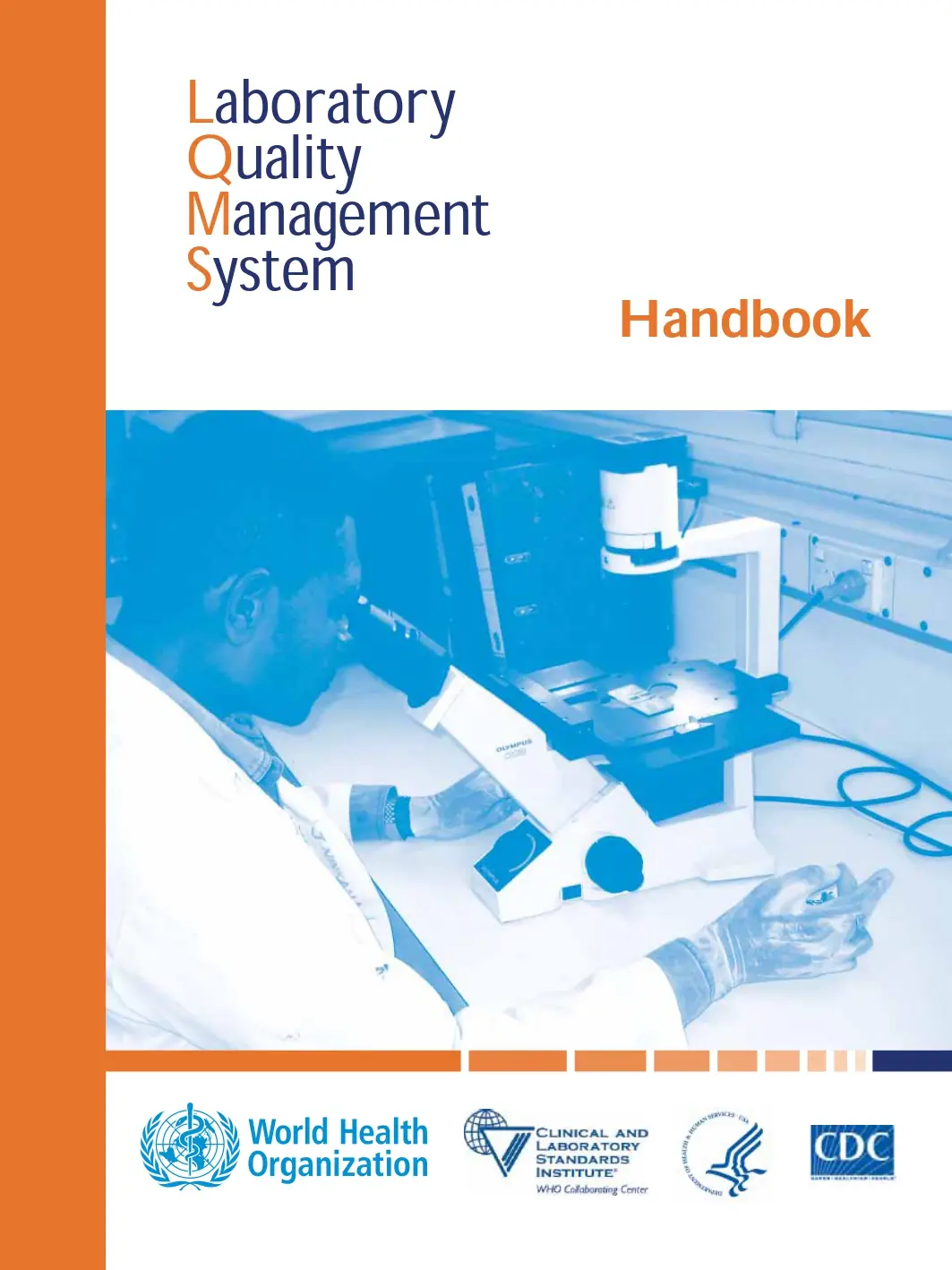
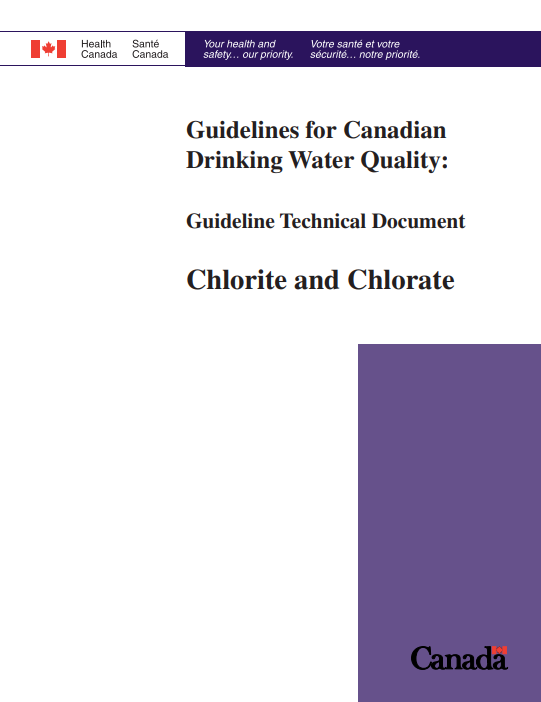
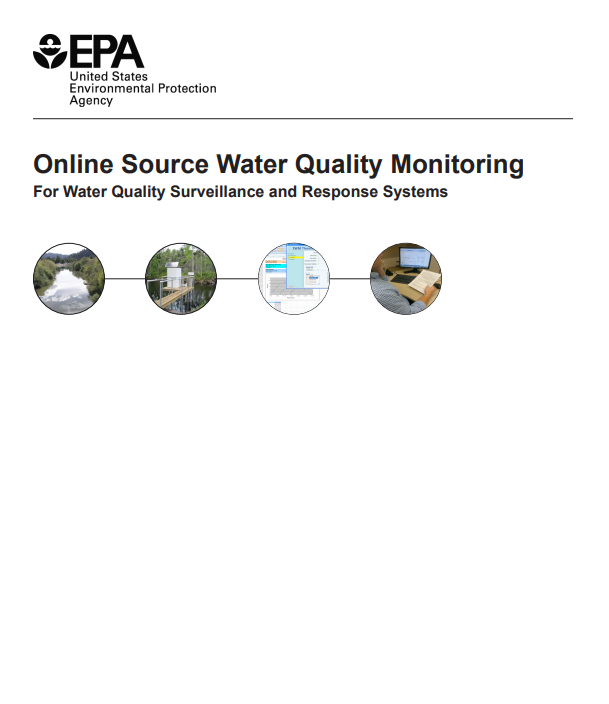
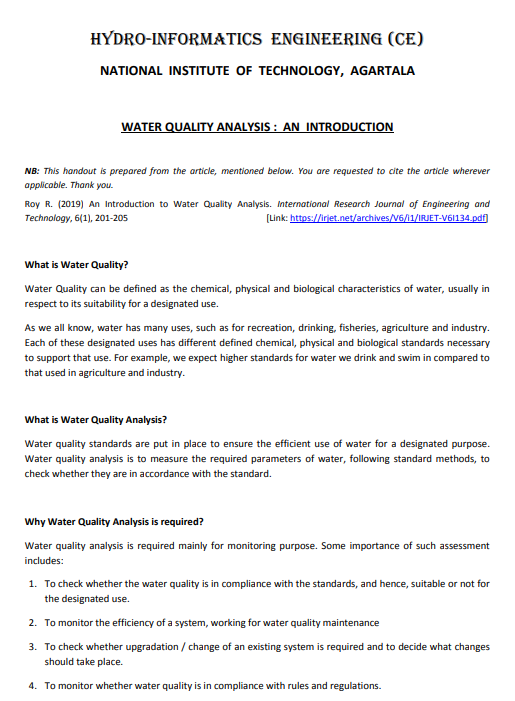
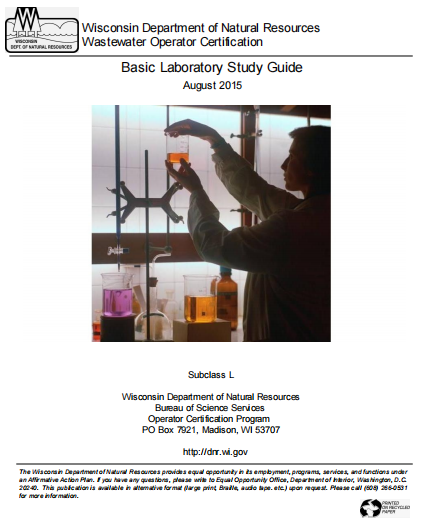
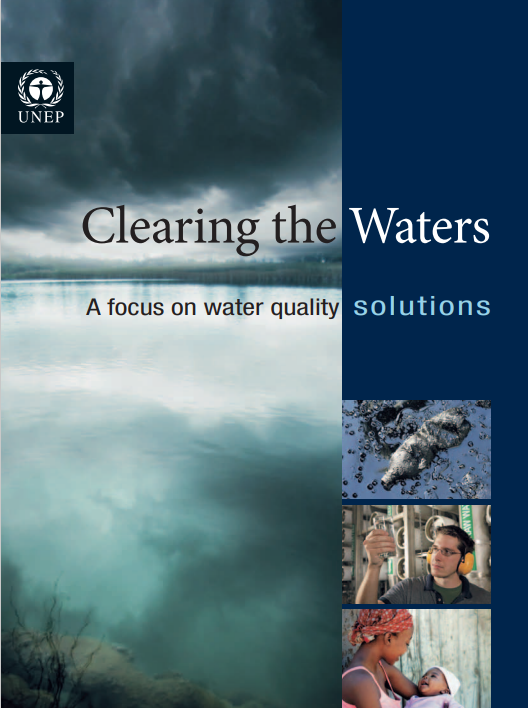
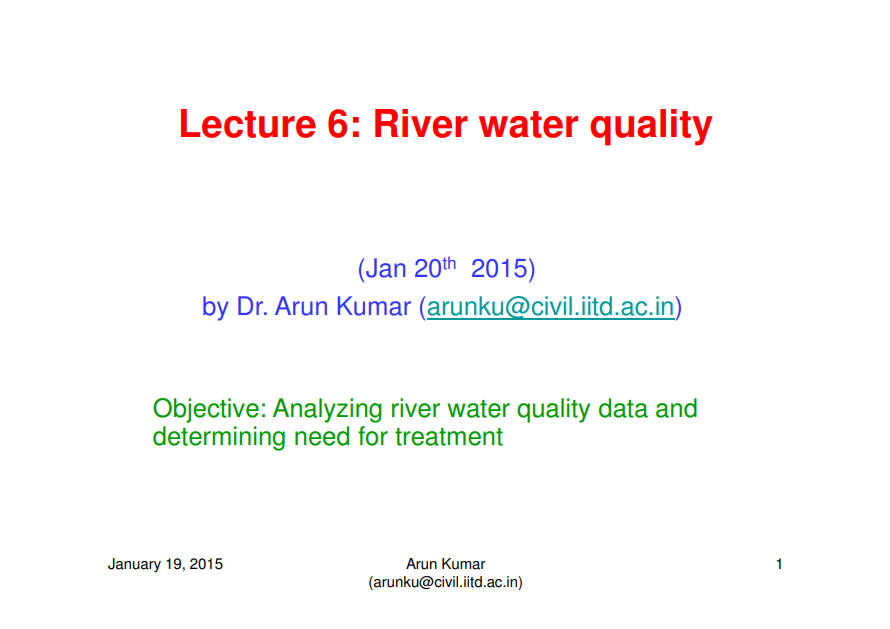
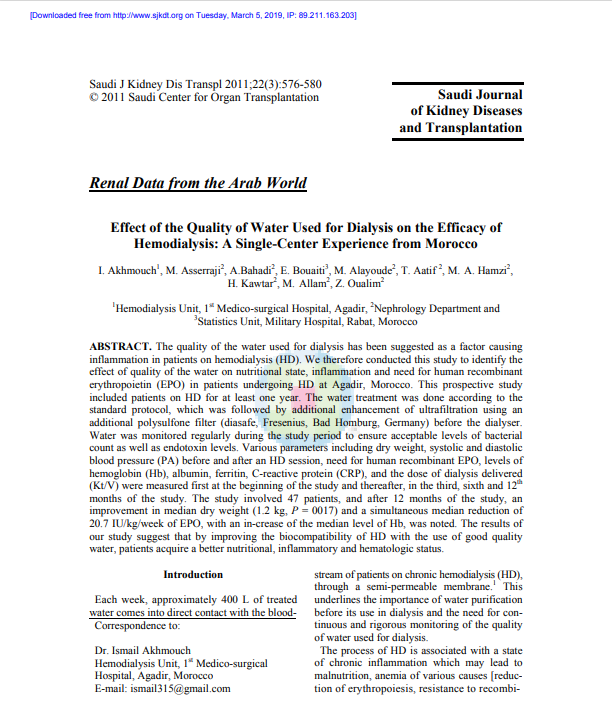
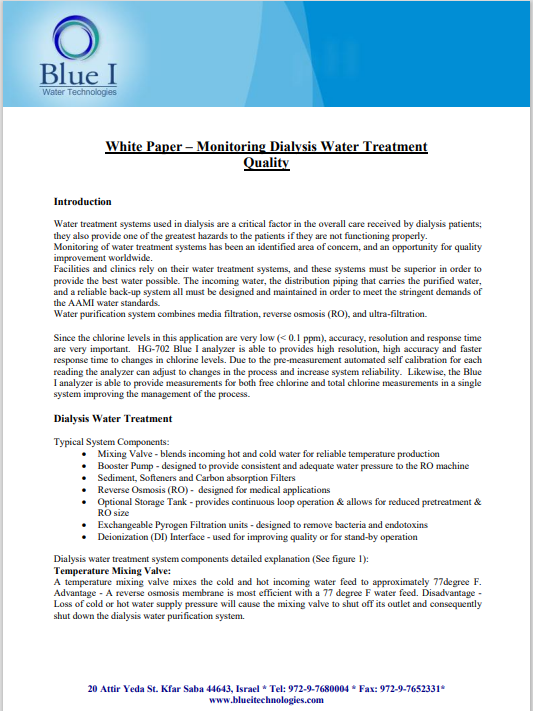
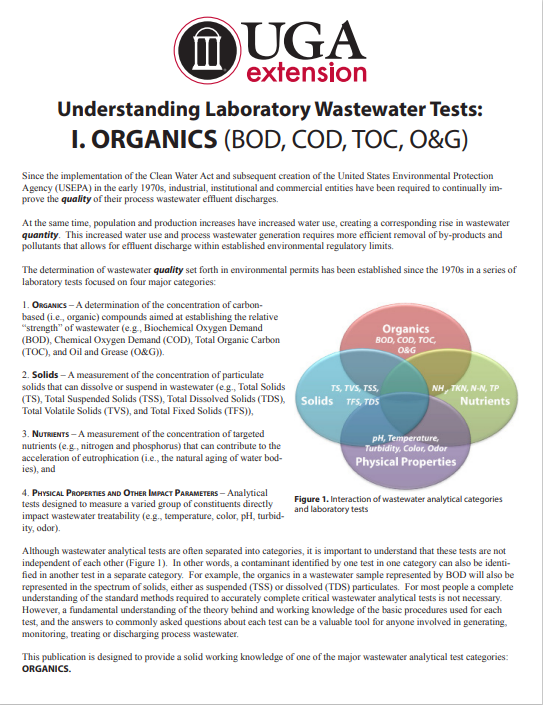

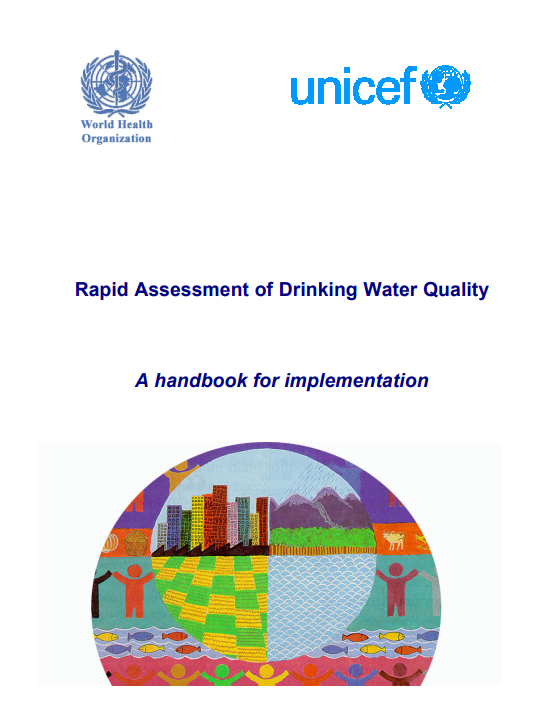
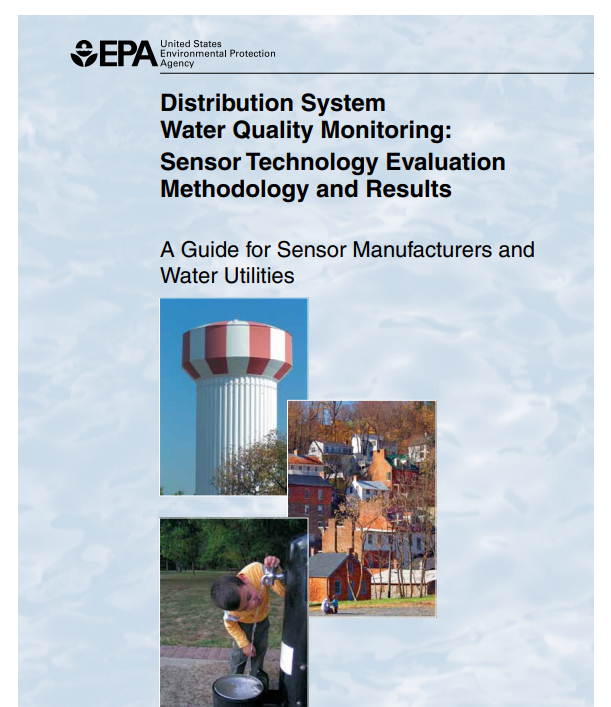
Reviews
There are no reviews yet.